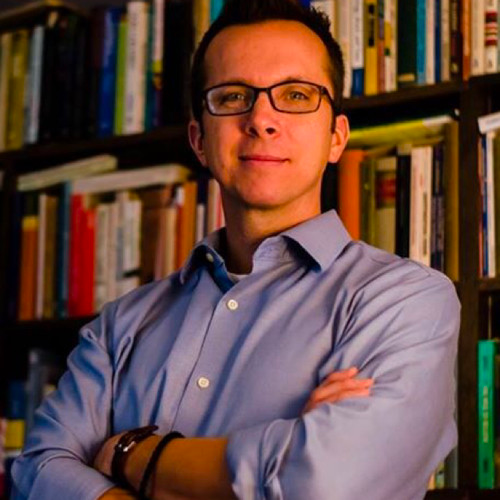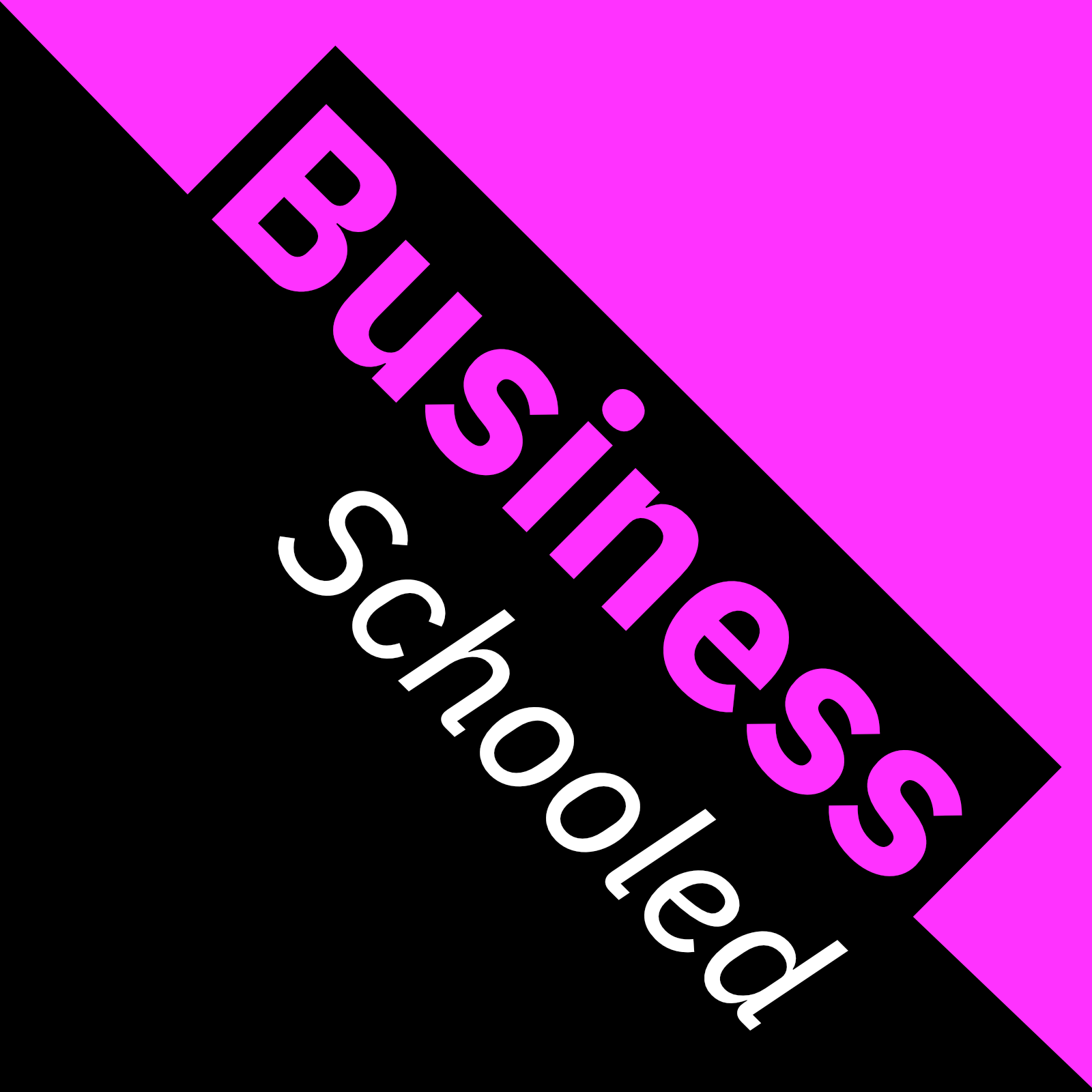Integrating sustainability into business education, with Augustana's David O'Hara and Matthew Willard
- 0.5
- 1
- 1.25
- 1.5
- 1.75
- 2
Voiceover: Business Schooled.
Daryl Pereira: Welcome, folks. It's the latest edition of the Business Schooled podcast. My name's Daryl Pereira, content strategist at IBM. On this podcast, we like to talk about the areas around business, the kind of topics that may not always show up in textbooks and some of the areas that are rapidly innovating and some of the bigger changes going on in this space. I think we're definitely going to hit on one of those today. Happy to be joined today by two very esteemed gentlemen from Augustana University, who'll be taking us through and telling us about some of the work they've been doing in the sustainability space. Without further ado, let's turn it over and I'll ask each of you to introduce yourself. If I could start with Matthew.
Matthew Willard: I'm a professor in the School of Business at Augustana University. I'm in my fourth year. Prior to that, spent many years in the world of business helping startups and launching new projects and products and have gotten to Augustana and partnered up with David on some fun projects in the area of sustainability and business.
Daryl Pereira: Excellent. And if I can turn it over to you, Dave.
Dave O'Hara: I'm professor of philosophy, religion, classics and environmental studies, and I direct Augustana's programs in environmental studies and sustainability. I wound up teaching a lot of courses both on our campus and abroad. I'm sort of an interdisciplinary professor. I teach some classes for business and classes for a number of other departments and faculty as well.
Daryl Pereira: Sticking with you, Dave, in terms of the development of sustainability there, I know many campuses, environmental studies has been something that's been taught for many years. But when it comes to something like sustainability, especially what it means in terms of the impact on business, that can be somewhat newer. Can you tell us a little bit about your journey there at Augustana in terms of the development of sustainability courses?
Dave O'Hara: Yeah, you're right. A lot of campuses have environmental science. Some have environmental studies which is a little bit broader. Also, we teach sustainability across our curriculum. Sustainability, as you point out, has a lot to do with business and not just with things that you might think of as having to do with environmentalism, whether environmental studies or environmental science. We got started about six years ago because we were fortunate to receive a substantial grant from a regional grant maker that doesn't want to be named, but wanted to see sustainability programs started up on campuses in our region. And that allowed us to do things like launch an interdisciplinary environmental studies program and then start sustainability programs in all sorts of areas around our campus, not just academically, but in other areas as well. One of the things that drove this was a business sensibility. Rather than simply saying, " Let's buy a whole bunch of books and a whole bunch of labs and studios and hire more faculty," we asked what have we already got in place that we can reposition? What assets can we reapportion so that we are actually not costing anything, but we're getting more bang for the buck? That's what we've been doing in sustainability here.
Daryl Pereira: Just to give an idea, where do you currently stand in terms of how many courses, what kind of areas are covered?
Dave O'Hara: Environmental studies and sustainability go hand in hand and they really cover the campus. There's a couple of programs that are not included right now and those are the very professional programs like nursing, for instance, since nursing has got a pretty strict curriculum. We don't have a tremendous amount going on with some of our athletic training right now, but just about every other department has got some involvement in environmental studies and sustainability. One of the big ideas that's pretty familiar to everybody is we teach the triple bottom line and then we ask faculty to consider, what does that look like? When we're talking about people, planet and prosperity or profitability, what does that look like in your discipline and how can we help you to teach that in the courses you've already got going on?
Matthew Willard: That's exactly how we've done it in the School of Business, and not all of our faculty have played. But in my classes, for example, or in our law classes, we don't have a sustainability course. But in strategic planning and marketing and management, even finance, we teach a sustainability component. Really the effort is to get it to be something that the students automatically take into account as they're thinking about not just do we want to be environmentally friendly or use better light bulbs, but just every way that they look at a business opportunity or decision. We're getting to the point where we are talking about a business sustainability course, but we haven't actually put it on the books yet, although it's ready to go. We just haven't frankly had the bandwidth between David and I to teach it.
Daryl Pereira: If you pick one of those areas, maybe it could be finance or one of those just to help the audience understand then, when you start thinking about teaching say if it is sustainability plus finance, what are some of the areas that you might touch on?
Matthew Willard: I'm going to pick an easier one, which is the marketing, for example. In the marketing class, they'll have to think about how a company... Sustainability, at least in my classes, takes a little bit of a broader context, almost like the good governance almost. It's more than just the environmental side, but it's are we marketing ethically? Are we treating people in the company, like in HR, are we treating people correctly? In the finance world, what I am trying to get them to do is... I'll give you a specific example. We're doing calculations on justifying a new capital project. Somebody wants to put in, oh, I don't know, say solar panels. Well, the days of just do it because it's the right thing to do, that just doesn't work very well. They do a whole capital investment analysis of what does it cost to put it in, what are the tax breaks, what does it save you? But what I try to get them to do is think of the externalities, think of the unintended consequences. In other words, if I'm trying to recruit young people, young people actually care if companies are sustainable or not. If I'm a university, young people actually care whether the university is committed to sustainable technologies and the environment. It's really hard to quantify in some cases the unintended consequences almost of having a capital project that's sustainable, but by forcing the students in a finance course not to just focus on the profitability at the bottom of the page, but in some ways try to quantify the people planet upsides, if you will. How much does it cost to recruit somebody if you are sustainable versus you're not? How much does it cost in terms of marketing to not be sustainable versus when you are? I hope that it helps. That's kind of a specific example. The trick there is to try to get students who are learning business to understand that the business case is broader than just the financial bottom line. That really is what I'm trying to do. It's not easy because companies are driven by quarterly reports, and some of the upsides of environmental capital projects that are environmentally focused, they said they don't pay off in three months.
Dave O'Hara: Sometimes when we talk about... For instance, I taught a class on business and sustainable entrepreneurship last year, and I asked the students to consider, what would it look like for us to be good neighbors? That's about right now in this quarter, how are we going to present ourselves in such a way that people say, " I want to buy into what you're doing?" How are we going to make ourselves into good ancestors? Now, that goes beyond the quarterly and actually probably goes much beyond our lifetime, but so that people will look back and say, " Gosh, I'm really glad you did what you did." At first, the students look at that and they say, " I don't even know how to think about this." Part of my job as a teacher or if I were their manager, if you will, would be to get them to see you're invested already in the long- term prosperity of this institution. You're going to get a degrees from this school. If this school fails, if this school winds up looking bad in comparison to its peers, that's going to harm the value of your degree. Right now, I'm giving you the chance to do an assessment of the university in such a way that you'll help it to save money, to do the right thing, to teach by doing the right thing, and actually to help the whole community, both the ecological community and the economical community to flourish. Once I put it in those terms, they go, " Oh yeah, that sounds pretty good. Where do we start?"
Daryl Pereira: You bring up an interesting point, this idea around mindset and the importance of mindset. It feels like there's almost a couple of dimensions here. At one level, you pick something like entrepreneurship, there's obviously... I'll put it out that at its core, entrepreneurship and that startup mentality, I'll say, I'm in the Bay Area and so here... A lot of it does tend to be quarterly led and it does tend to be economic in terms of thinking like, what's the point at which I break even? What's my run rate look like? How do I get to a point at which we can actually turn profit? That thing can somewhat feels focused and driven. But meanwhile, especially when you look at social entrepreneurship, it feels like you need to adopt a slightly different mindset and bring that in. Is that something that you see? And how do you work with students to help them get to that expanded mindset?
Dave O'Hara: Right. I won't steal his thunder, but I'll just point out that Matt had an interesting situation when some students who wanted to get into development, who wanted to work with Call for Code, came to him and he helped them to see that they had some things right in front of them, right here on our campus. Matt, you should tell the story about GardenMate.
Matthew Willard: Well, these kids were basically doing a little bit what David said, was looking at a problem. They were prompted by the Call for Code, which is an IBM Global Challenge, and the prompt had to do with... One of the options was to look at food waste and looking at people that are wasting food and recycling or restaurants and grocery stores. We were talking and I said, " What about all the people that have gardens that throw stuff away? Why don't we set up a system where we can collect all of that'waste' and get it, sell it, give it away, whatever?" That was the problem. They tackled that and put together a project to... It's a matching app, if you will, that's got people that grow food in their gardens or anybody else that has produce and people on this side that are looking for produce. The idea is to match them, figure out how to connect and make a transaction out of it. Interestingly enough, I mean, they're all computer scientists and they've written a nice computer app. The challenge is, how do you sustain that? In other words, it's one thing to be sustainable from a food waste standpoint, but if the organization or the business goes out of the business, it's by definition no longer sustainable doing sustainable things. I think this is one reason David and I do well together. I mean, he's much more eloquent and philosophical about how to get students in the right mindset. The way I do it is I want to try to quantify those externalities. I make the business students tell me how much is it worth to you to be able to advertise and hire good people, or how much does it cost you not to have the top talent? With these four students that did the GardenMate Project, brilliant. I mean, they're all brilliant, and in fact, they had internships site unseen before they came back from the New York award ceremony. But they're really struggling with how do you take this idea and turn it into a com... People forget that there is a profit as one of the three Ps. I mean, we're still wrestling with that, and I think there's some good ways to do it, of course, but they need to get there on their own. It's a mindset change from the strictly we got to make money to I'm a computer programmer and I'm not worried about this business stuff. It is. It's really an interesting challenge. We talk about it all the time at Augustana, that's the beauty of the liberal arts. The whole idea is for a more holistic view of the world when you're done. What's been very interesting to me over the last four years since I've been at Augustana is that a lot of our students, how do I say this politically, correctly, come in not caring about the liberal arts. But you know who caress about the liberal arts? It's the employers. The employers want students and workers that are more well- rounded and thinking like David is trying to teach them to think, keep your eyes open, look at what's happening in the periphery and just pay attention, and then those externalities that I talk about become part of the mindset. Again, I think about it in terms of hiring top talent. Marketing, getting people to buy my product or people that refuse to buy my product because I'm not sustainable or I don't treat people right or whatever. It's been an interesting run with the GardenMate guys, honestly, trying to help them navigate to something that not only is great from an environmental sustainability standpoint and a people sustainability standpoint, got to figure out that profit thing, or go out and get grants, that's fine too, but they've got to figure that out.
Daryl Pereira: There has to be that aspect to it. I'm involved and have been involved with some of the storytelling around Call for Code. I'll say one of the things that really stood out... I'm not involved on the judging side, but I had the opportunity to see the GardenMate project quite early on. In terms of the pitch that was presented, one observation was the students did a really nice job of outlining the problem that they were addressing. It felt it fit into this class of problems which are big, but not necessarily ones that we immediately think of or see. This idea that many of us have gardens. We grow things. Those things that we grow in our gardens quite often... It's a little bit of feast or famine, where all of a sudden, you end up with a bumper crop and you're sitting on top of maybe buckets of tomatoes that only have a shelf life of a few weeks if that. And then there's that question of what happens to that produce? I remember they quantified that degree of... If you look at just the garden waste in a country like the US, it was phenomenal. I think it was millions in terms of the number of people that that could potentially feed. I know with your help they were able to determine and find this problem that was definitely a problem with some scale behind it, but also one that you don't always think of, but one that they also then saw this very real way to solve. But interesting, like you say, I know we see that a lot with projects like Call for Code where it's great technology solutions that often win through and a lot of the work that happens after the technology is asked to be proven in a MVP where you build a working prototype. But then quite often, like you said, there's hard work begins of... There's a lot that happens even around a great product to build the infrastructure, the business infrastructure around it. That means that product can continue and be something, like you say, sustainable from the other degree of sustainable in terms of will it last, can you afford to then pay people to continue to work on the project.
Matthew Willard: They had a lot of coaching about what is the problem you're solving. That's part of the challenge with some of these, I mean, the sustainability technology, if you will. But just general is if you can't identify that person or that group or the problem that you're solving, you're at a real disadvantage. Figure out how to solve the problem. That's great. We've done that. How do you then make it sustainable? That's where it goes full circle to what David was talking about earlier is when we ask that question at the end, we want the students to learn a mindset that's bigger, if I can just say bigger, and so that they're looking at it. When they graduate and they go to their companies, they may irritate some people when they start asking some of those questions, but that's exactly what they need to do and that's what we want them to do, honestly.
Dave O'Hara: At the risk of sounding like I'm tooting our own horns, I think that any institution would do well to have something like the team that Matt and I make here. It's not just Matt and me. Of course, we've got others as well, but both of us have a fairly broad set of experiences. Now, I think I've mentioned to you before, I've worked as a stone mason on three continents. I've studied water systems around the world, and I've studied agriculture around the world. And along with that, I mentioned I'm in the Department of Religion, Philosophy& Classics. I've studied these things as classical systems in classical China, in India, classical Greece and Rome. I've studied them as religious systems. In other words, how do people take their deepest values and then turn them into concrete form like building a baptismal font or a hamam? I've studied these things philosophically. In other words, examining the habits of thought that we have that we tend to take for granted. Matt has this amazing ability to help students see with simple questions what exactly the problem is that's in front of them and how to turn that into actionable data. There's probably a lot of other things that could go into it. I think we're fortunate to have those two skill sets come together and our students wind up making good use of that. It's about having teamwork and it's about having the right culture that allows that teamwork to happen.
Daryl Pereira: Do you think it'd be fair to say as much as you say that's useful to almost... I know this might be somewhat oversimplifying it, but it's like the philosophical side and then you've got the more phenomenological, the more directly related to the empirical side coming together. It feels like that's also important in the business... As much as that's important in the academic context, is it fair to say that's also important in the business context?
Dave O'Hara: I certainly think so. Some of the most successful business people that I know are the people who spend a lot of time reading, for instance. And not just reading the things that are directly related to their business, but reading those things that they don't need to read. There's a book that came out of the Princeton Institute of Advanced Studies. The title alone is brilliant. It's The Usefulness of Useless Knowledge. There's something wonderful about being able to accumulate over time, things that other people will regard as useless. It's tongue in cheek, of course. Some of that useless knowledge wound up being the foundations of modern physics and mathematics, of course. But usefulness of useless knowledge, having time to explore those things that other people don't necessarily see as important from multiple points of view is I think very helpful. If you're trying to decide how do I build the next solar panel and all you study is other solar panels, you're missing out on a lot. If you start to imagine the possibility that there are already solar panels that nature has invented, or imagine the possibility that solar panels could take a completely different shape or be made from a completely different material, et cetera, et cetera, now you've opened up a whole new range of possibilities. Of course, if your business wants to do this, it's going to have to make some careful decisions. You can't just have a whole bunch of philosophers sitting around staring at their navel saying, " Well, I can imagine a bunch of different kinds of solar panels." Obviously you need to have some constraints on that, little bit of liberty too to imagine, and then some practical rubber hits the road. Try something out, gather data, build things.
Daryl Pereira: As we start to round this out, let me ask each of you, in terms of for students, let's say if we're looking at, say, a business student that has an interest in getting involved in sustainability, what piece of advice would you have for them? What would you ask them? Where would you ask them to start? I know there's been a lot of tips I think we've covered already today, but to bring it right down and to nail it down. If I could start with you, Matthew, ask you first.
Matthew Willard: A lot of my classes start with this question, and David kind of hinted at it too, is find a problem to solve, find something that you don't think is right, if you're worried about how much electricity we're using or how much water's being wasted. We had a project that some students were working on to set up a thrift store. At the end of the academic year, every university in the country, they parked dumpsters out in front of the dorms because the students are throwing away perfectly good couches and futons and mattresses, not to mention clothes and lamps. It's like, well, that's just going in the landfill. When you see a problem, figure out how to solve it. Again, it's what this mindset of don't ask the university for money, put together a story that is self- sustaining, then let's do it. What I found is that that approach is really the best way to get into it. Frankly, the other thing I would tell students is there's going to be one crazy professor on your campus like Dave O'Hara, right? There's going to be one nutcase that is really into this stuff. If you're interested in sustainability, go attach yourself to the professors who are interested in sustainability, and they're not going to be that hard to find. Those two things will get you started. And then when you have a project in class, so in a lot of my classes, they get to pick their project. They have a marketing project or a strategic planning project. Well, pick one where you can exercise your wing, so to speak, or exercise your intellectual capacity. Pick something art, but pick something related in this area. I think that the students will find opportunities to exercise themselves. You have to find the right people and then find the right context. Do an IBM Call for Code project. There's lots of business plan competitions. There's other competitions like the Call for Code. Put the time and energy in. That GardenMate team, I mean, they've learned more doing that project about life and business and sustainability than they ever learned in the classroom. I think I'm a pretty good teacher, but what we do outside the classroom blows away what we do inside the classroom. That would be my suggestion. Find the faculty. Pick some problems to solve. Bring those problems to your classroom.
Daryl Pereira: Over to you, Dave.
Dave O'Hara: Well, I agree, Matt is a very good teacher and the students are the testimony of that. I would say somebody who really wants to get involved in sustainability should ask a few questions. One of them is, what do you want the story of your life to be? Now, if you imagine yourself in retirement after a long, good and full life, what do you want to look back on and say, " That's the thing I'm really glad that I did." What do you want others who after you're gone to say, " I'm really glad that you did that thing?" That will help you to think in terms of sustainability. Don't just think about something that you can do now that would be cool, but ask, what's going to sustain it in the long run? How's it going to pay for itself? How's it going to have a positive ROI in all three parts of the triple bottom line? I'd also say that you should learn something for which you can imagine no possible use. It might be as simple as like go to a fishing store and learn how to tie flies, because you'll start to understand insect physiology and then maybe you'll think, hey, wait a minute, honeybees can fly 37, 500 miles in their lifetime without replacing their wings. How is that possible? What could we possibly learn about new engineering from that? There are dragonflies that can fly over a thousand miles of migration, fueling themselves all the way, and they have close to a 95% accuracy rate at targeting their prey with a tiny little processor in there. What can I be learning about all sorts of digital systems from watching insects and so on? Study something for which you can imagine no possible use and let it become like the fertilizer that enriches the field that you're devoting yourself to. That's what I would say.
Daryl Pereira: Wonderful. Great way to end this from both of you. Thank you. Appreciate your time. I know will share links. Hopefully okay if people can connect with you on LinkedIn or want to reach out and would like to understand more about yourselves and the program there at Augustana. We'll share that as part of the show notes here. All that remains is for me to thank both of you, Dave O'Hara, Matthew Willard from Augustana University, and keep doing the impressive work you're doing and keep helping us expand our minds and explore those areas, the areas that we may not think, the unexpected areas, the things that we think aren't exactly driven, but like you say, will be that fertilizer that can get us to these new solutions that we know the world needs and that the future leaders will be the ones that build. Thank you both. This has been the Business Schooled Podcast where we discuss new and emerging trends in business with folks like Dave and Matthew. Stay tuned for more episodes.
DESCRIPTION
In this episode, Augustana University professors Matthew Willard and Dave O’Hara explain their journey to incorporate sustainability into traditional business curriculum. They talk about the importance of the "triple bottom line", how to develop a sustainability mindset in students, and how sustainability can be applied in every area of business, from marketing to finance.
Your host: Daryl Pereira, IBM Senior Content Strategist
Key takeaways:
- Integrating sustainability into business courses and introducing the "triple bottom line" of people, planet, and profitability in all disciplines.
- Developing the sustainability mindset and thinking long-term, rather than just focusing on short-term financial goals.
- Quantifying externalities related to sustainability.
- Incorporating sustainability into different courses, including finance
- Identifying local problems as business opportunities
- Advice for students interested in sustainability
Today's Host
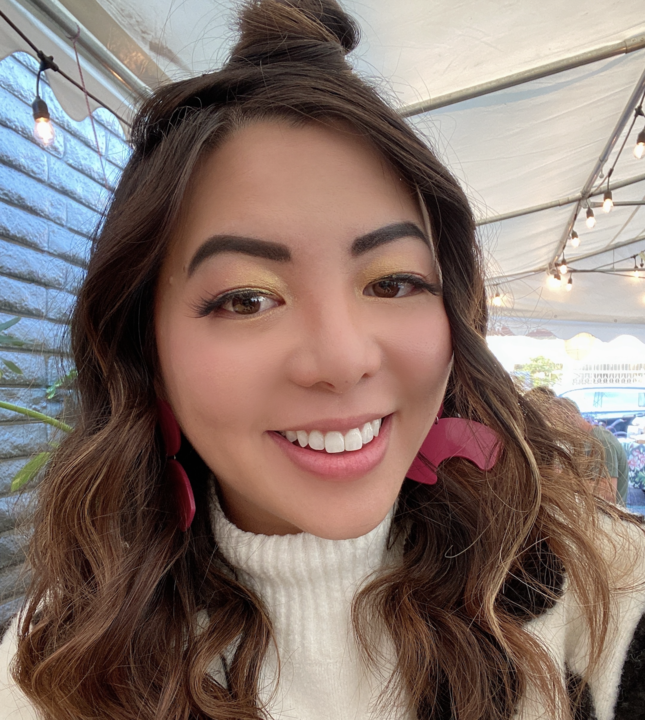
Cristina McComic
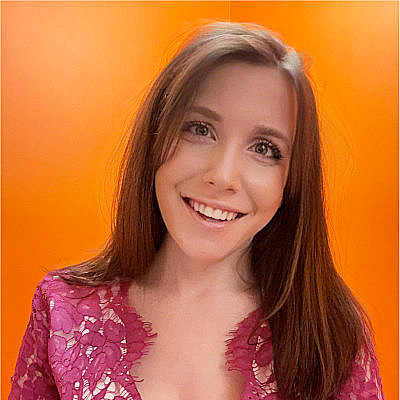
Sam Smitte
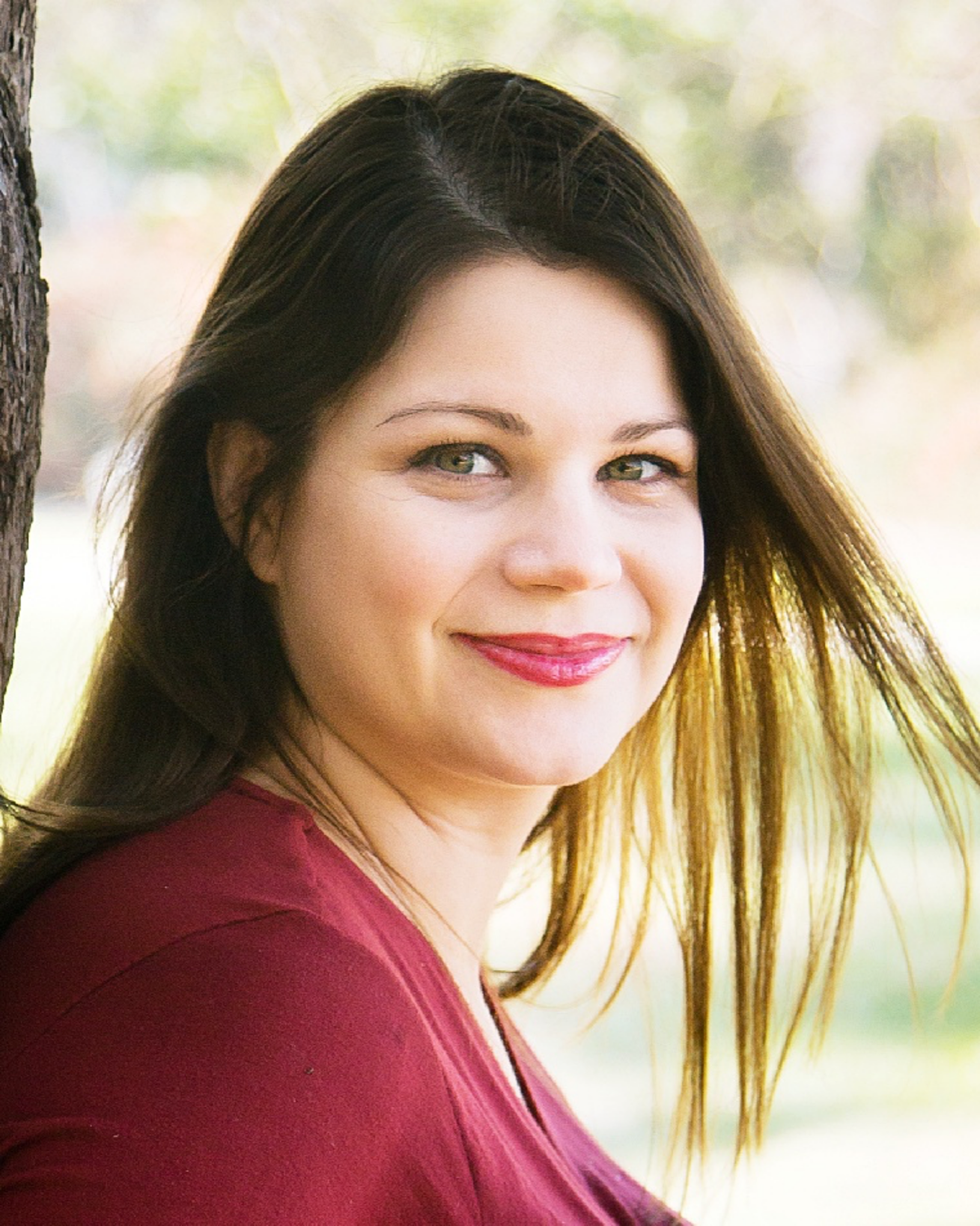
Amanda Downie
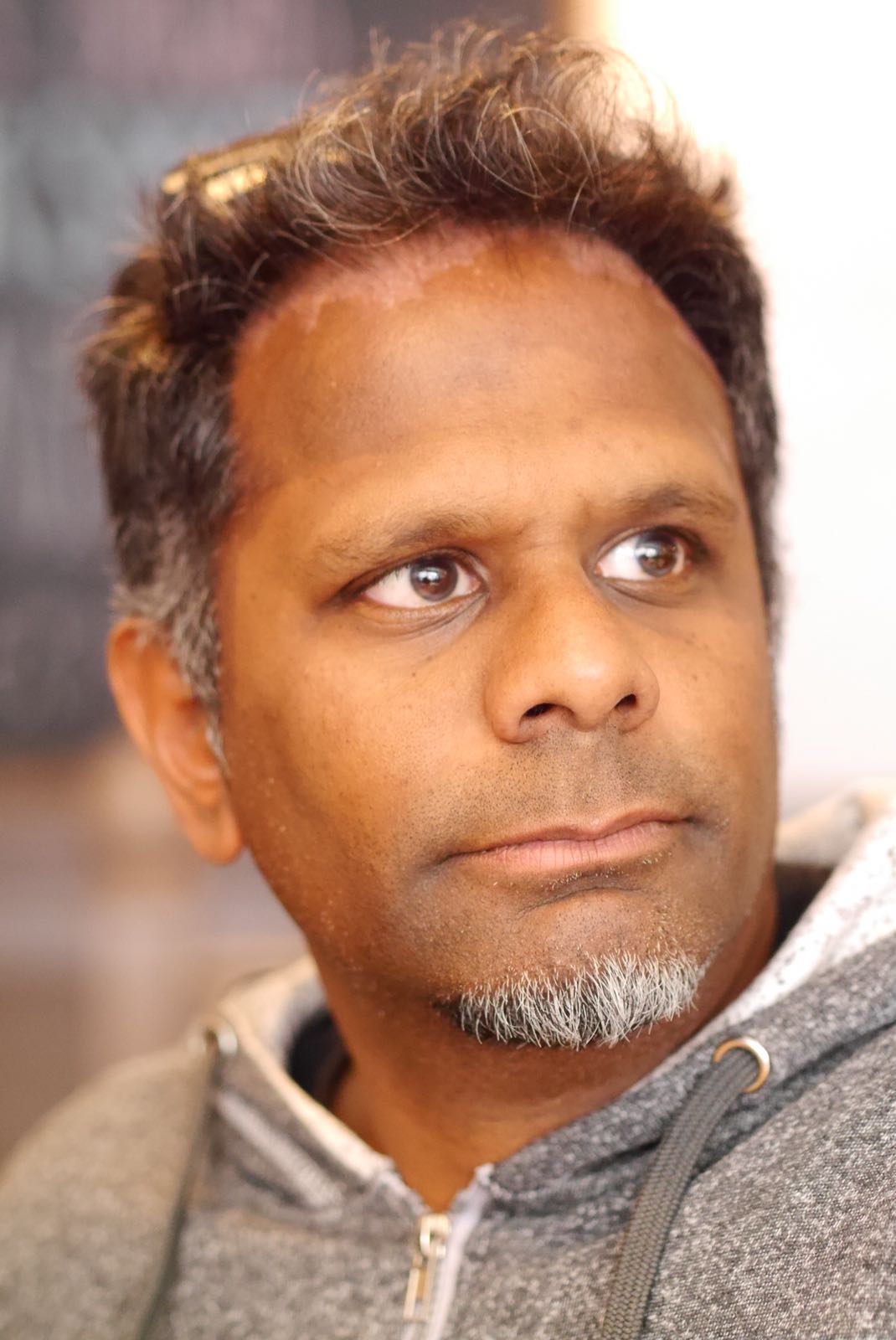
Daryl Pereira
Today's Guests
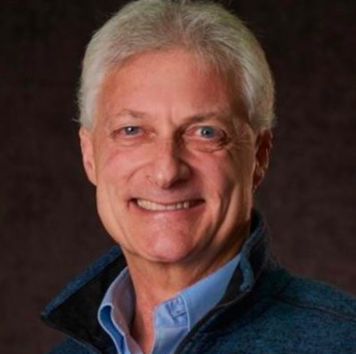
Matthew Willard
